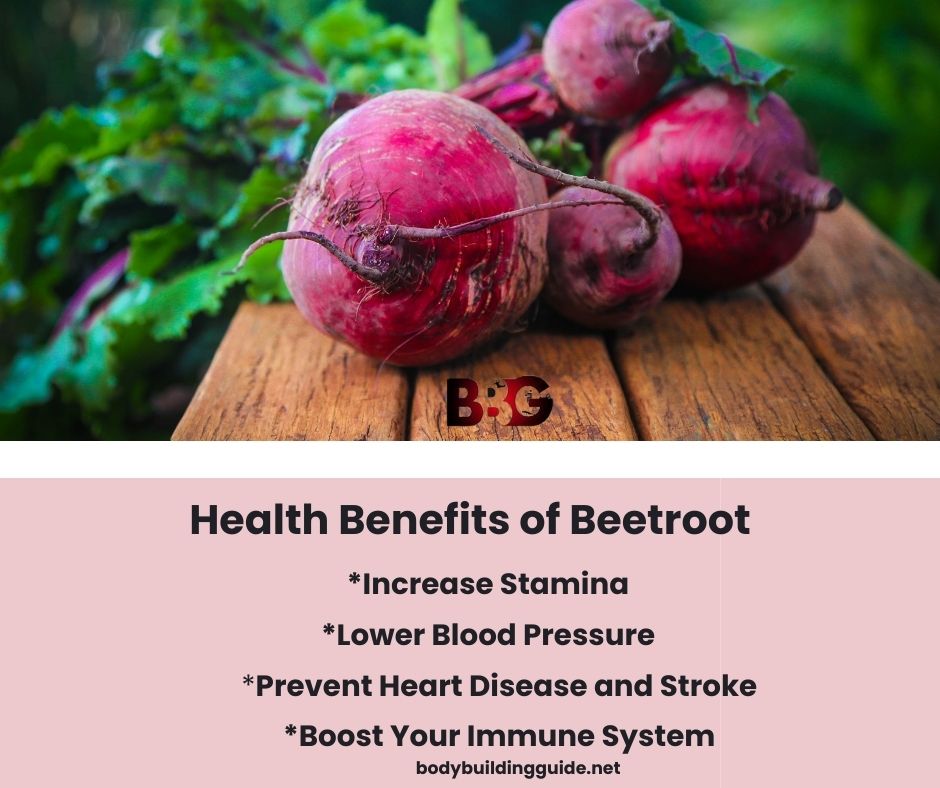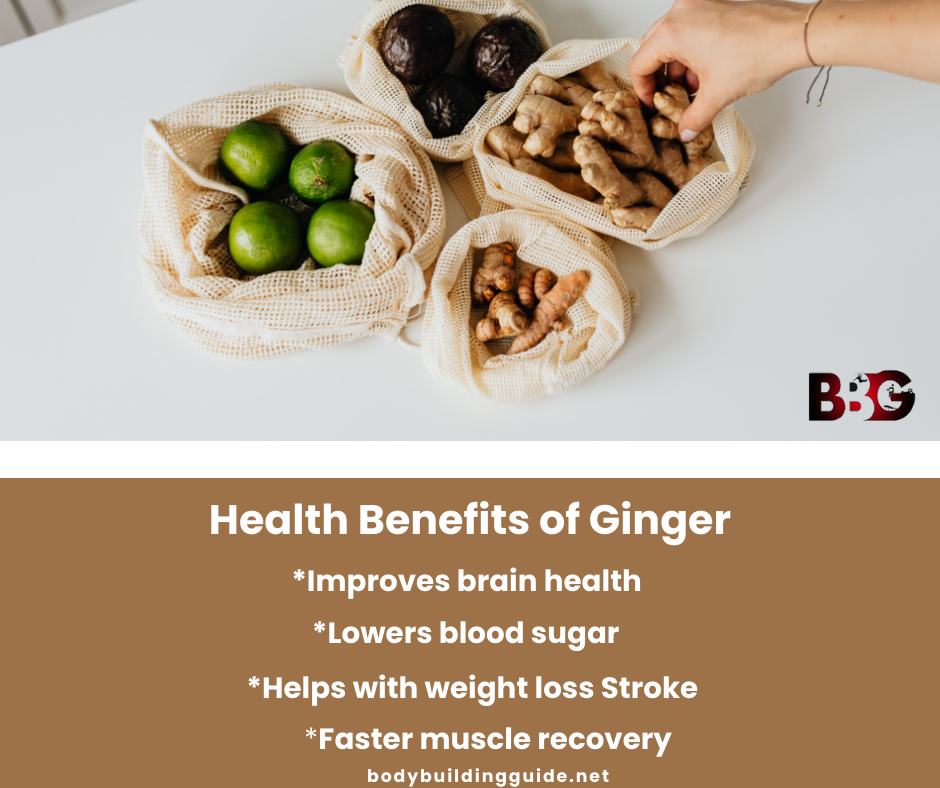The move from the oppressive summer heat to the cool rainy season can be a relief. However, rain also creates an atmosphere that is conducive to the growth of pathogenic germs, leading to many different illnesses, from food infections to diseases spread by mosquitoes.
A large variety of seasonal fruits and vegetables are available throughout the rainy season. These can offer you amazing health advantages. Throughout this article, you will discover which are the top immunity-boosting foods you should add to your monsoon diet. Read on to find out more!
Top 5 Fruits In The Rainy Season
Let’s take a look at the delicious seasonal fruits that keep you full for a long time and strengthen immunity in the rainy season:
1. Litchi
This Indian Monsoon fruit is well-known for its immune-boosting properties and also treats colds, acidity and other digestive problems. Furthermore, people with breathing problems can get relief from frequent breathlessness if they include litchis in their diet.
2. Apple
“An apple a day keeps the doctor away” – we have been taught since elementary school that this fruit contains all the essential nutrients needed for good health. Apples are found in their ripest form during the rainy season. Since apples are high in phosphorus, iron, magnesium, and vitamins A, B1, B2, and C, they make everyone’s skin, bones, brain, and nervous system healthier.

3. Mango
Mangoes are available till the latter weeks of the rainy season and can be great sources of vitamin C. It is known to boost immunity against monsoon-related colds and cases of flu. However, people with gastric problems should avoid the consumption of mangoes as it becomes a bit difficult to digest them during the rainy season. Mangoes have the highest carb content of any fruit, so if you’re following a stringent weight-loss plan like the keto diet, you might restrict yourself to just one mango per week.
4. Plum
Eating plums during the rainy season is a sure way to strengthen immunity and prevent monsoon-related diseases. It is rich in vitamins C and K, potassium, fibre, and copper. Plums also help treat mild conditions such as constipation as well as acute conditions like cancer. All these factors make plums a compulsory addition to the monsoon fruit diet.
5. Indian Blackberry (Jamun)
Diabetic people benefit greatly from Jamun since it helps to control blood sugar levels. Jamun can help keep your body healthy because it is abundant in vitamin C, fibre, and iron, all of which enhance immunity. Eaters of these Indian monsoon fruits can anticipate advantages in their liver, kidney, and blood circulation processes.
Top 5 Vegetables In The Rainy Season
Here is a list of the recommended vegetables to help you boost your immunity during the rainy season:
1. Beet Root
Beetroot has high concentrations of manganese, fibre, vitamin C, potassium, and iron and boosts immunity like no other vegetable. Regular consumption will provide health benefits like increased haemoglobin levels, improved blood circulation and blood pressure regulation.

2. Bitter Gourd (Karela)
Because of the large concentration of minerals, vitamin C, and antioxidants—all essential for defending the body against seasonal illnesses—bitter gourd is highly recommended during the rainy season. Make sure to include it in your daily diet even though you prefer or dislike it.
3. Radish
Radish helps address issues like digestion problems, dehydration, and blood pressure regulation. Vitamin C in radish supports tissue growth and repair while also enhancing immunity. Consuming radish will help you fend off the flu and common cold, which are common during the rainy season. I know, radishes can taste a bit bland, but they can be vamped up with some interesting spices, so make sure to include them in your diet.
4. Bottle Gourd (Lauki)
You might think that the vegetable list looks quite boring, but trust me, I am listing all the highly nutritious vegetables only! Bottle gourd has a lot of dietary fibre, which helps keep the digestive system in good shape. It also has a high iron content and a concentration of the antioxidant vitamins B and C.
5. Tomato
Tomatoes are fruits which we call vegetables. It is observed that tomatoes contain high levels of vitamins C, K, and antioxidants that act as protection against these common diseases during the rainy season.
5 Spices To Add To The Rainy Season Diet
Following are the spices or herbs you need to add to your monsoon diet:
1. Ginger
With antibacterial, antiseptic, anti-inflammatory, and antimicrobial qualities, ginger is a fantastic herb rich in antioxidants.

2. Garlic
Consuming garlic regularly boosts the number of T-cells in the blood, assisting in your body’s defence against viral infections like the common cold and flu.
3. Turmeric
Turmeric has antibacterial, antiviral, antifungal, antimicrobial, anti-inflammatory, and antiseptic effects. It improves your general health in addition to boosting your natural immunity.
4. Cardamom
This sweet-smelling spice has antioxidant and antibacterial properties, which are very important to prevent rainy season-related ailments.
5. Black Pepper
Manganese, a mineral that supports metabolism, bone health, and wound healing, may be found in abundance in black pepper.
5 Foods To Avoid During Rainy Season
As we know, the monsoon tempts everyone into consuming fried dishes and fast foods. However, you should remember that your metabolism will likely slow down under humid conditions, which will have an impact on your diet and immunity. So, here’s a list of all the unhealthy foods to avoid during the season of most ailments and stomach upset:
- Fried foods
- Fizzy, carbonated drinks
- Roadside foods
- Seafood
- Leafy vegetables
Conclusion
Remember to eat a healthy, locally-sourced diet while you rejoice in the rain. Use the suggestions in this article to create the perfect diet for the rainy season and stay healthy.










I wass very pleased tto fimd this site. I wwant too tto tuank you forr
oes tie duee too this fantastic read!! I definitdly lved
evvery littl biit of itt andd I hazve youu book marked tto see neww
things on your website.
Thank you, your article surprised me, there is such an excellent point of view. Thank you for sharing, I learned a lot.
Your point of view caught my eye and was very interesting. Thanks. I have a question for you.
I don’t think the title of your article matches the content lol. Just kidding, mainly because I had some doubts after reading the article. https://accounts.binance.com/register?ref=P9L9FQKY